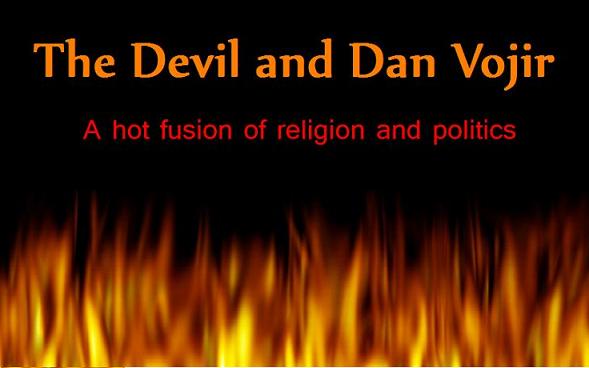Do We really know what we want?
 Polls indicate...
Polls indicate...Do they? Really? We are all very focused on what America wants, but do we really have "free will?" "Oh, it's a media thing."
Well, not exactly. In most cases, the media is a regurgitator, spewing out what is fed to them in a more appealing way. The shocking photos from Iraq, the focus on disasters and the opinions of the masses are all programmed into the media the way a few people want.
Take the Scott McCellan issue and look at it closely: if Bush fell for his own spin, Rove (or Cheney) told the press not to say it quite that way. The alternative: "The President believes, from the information given to him by trusted advisors..." We're told what to know and what not to know.
 Telling us what we should want is just as bad as lying to us. But it's done every day. We're used to it. We've fallen for the snake oil. Just look at these Coke ads: the lovely German fraulein in blue was very seductive in 1937. If Hitler wanted the Sudetenland for the beer, he wanted America for the Coke!
Telling us what we should want is just as bad as lying to us. But it's done every day. We're used to it. We've fallen for the snake oil. Just look at these Coke ads: the lovely German fraulein in blue was very seductive in 1937. If Hitler wanted the Sudetenland for the beer, he wanted America for the Coke!And to love/want Coke so much as to have a tattoo of it either means you've fallen for the cola or you're making a painful statement about American advertising.
 Yes, it's trite to fume about the way we are manipulated, but being trite doesn't make it untrue: the importance of who is telling us, however, is tantamount. We don't mind being sold on how cool it is to drink Coke, but if the person positing the ad is doing it purely for personal gain, we take offense. We want, we need to trust that person.
Yes, it's trite to fume about the way we are manipulated, but being trite doesn't make it untrue: the importance of who is telling us, however, is tantamount. We don't mind being sold on how cool it is to drink Coke, but if the person positing the ad is doing it purely for personal gain, we take offense. We want, we need to trust that person.So who do we trust? Pollsters? Sometimes. Politicians? More times than we care to admit. Preachers? Almost always. Doctors? Ditto. Lawyers? Only our own (and sometimes not even then). Law enforcement? Depends on which side you're on.
To trust, or not to trust: we still have the freedom to question, although sometimes the investigation is stymied by a "don't you trust me?" The freedom to question is not used often enough and certainly not early enough. The question of WMDs in Iraq should have been forced earlier. The question of Saddam's ties to Al-Qaida should have been asked earlier and been more persistent. The hunger for truth should not be oppressed under the banner of "unpatriotic." How can we say what we want when the truth is not in plain view? The same goes for alternatives. We have to have a choice about something to be able to really want it. Having no choice is a form of coercion. Is the politician giving me a choice when he outlines his new plan or is negative about so-and-so's plan?
Don't bet on it.
Question.
As Patrick Henry said: "If this be treason let us make the most of it!"








